Berberine Pro 60 capsules
$55.98
5× the Bioavailability of Berberine
-
- Supports Enhanced Berberine Activity*
- Supports Healthy Blood Glucose Metabolism*
- Berberine Pro-5 features dihydroberberine (DHB), a highly bioavailable metabolite of berberine with demonstrated benefits for blood glucose metabolism. Berberine naturally occurs in several plant species used extensively in traditional Ayurvedic and Chinese herbal practices; DHB is the natural bioactive form of berberine
Description
Berberine is a plant alkaloid derived from several different plant species
customarily used in Ayurveda and traditional Chinese medicine for various
therapeutic applications. Modern clinical use and published in vivo, in vitro,
and animal research studies demonstrate that the berberine metabolite
dihydroberberine (DHB) is more bioavailable than berberine and offers
enhanced support for healthy blood glucose metabolism.*1-5
Although the mechanisms underlying the beneficial effects of berberine are not
entirely clear, it is hypothesized that the modulation of gut microbes may be
one mechanism by which berberine affects blood glucose metabolism.6
Results
from animal and in vitro studies suggest that berberine moderates glucose
and lipid metabolism through a multi-pathway mechanism, including the
adenosine monophosphate–activated protein kinase (AMPK), c-Jun N-terminal
kinase (JNK), and peroxisome proliferator-activated receptor (PPAR)-alpha
pathways.2,7 Separate research on AMPK reports activating the AMPK pathway
stimulates glucose uptake and fat oxidation while suppressing lipogenesis and
gluconeogenesis.8
Berberine is also believed to be involved in the regulation of
pancreatic beta cell function, and it has been observed to inhibit the expression
of disaccharidases in the duodenum, resulting in less glucose formation from
carbohydrate digestion.*9
Increasing evidence indicates that gut microbiota are also crucial mediators
that regulate berberine’s pharmacokinetic and biological effects. Berberine
induces compositional alterations in gut microbiota and regulates
gut microbe–dependent metabolites, factors that contribute to its biological
effects on lipid and glucose metabolism.10,11 Additionally, gut microbiota reduce
berberine to DHB, its intestine-absorbable form, which then oxidizes back to
berberine after it has been absorbed into intestinal tissues and entered the
blood.*4
Berberine absorption across the intestinal epithelia is suggested to be
compromised because of its “flat” chemical configuration. Berberine displays
poor bioavailability and increased potential for GI distress at the oral doses
required to improve biomarkers associated with glucose homeostasis.3
The
structure of the DHB derivative of berberine is comparably open, making it
more amenable to uptake. To further explore the absorbability of berberine
and DHB, researchers investigated the mechanism of action by which AMPK
is activated and if using DHB at lower doses than berberine could potentially
improve the effect on adiposity and glucose metabolism in rodents fed a highfat diet. Berberine had to be administered at a nearly 5-fold increased dose of
560 mg/kg/d to establish the same effects demonstrated by DHB at
100 mg/kg/d. The rodents treated with the substantially lower dose of
DHB showed markedly reduced adiposity and improved glucose tolerance.
Additionally, insulin sensitivity was increased in the DHB-treated animals.
These results led researchers to suggest that the difference in effects between
berberine and DHB is due to the enhanced bioavailability of DHB. The findings
of this study indicate that DHB delivers the beneficial metabolic effects of
berberine in a more absorbable form and at a lower dose.*5
A small, randomized, double-blind, crossover pilot study (N = 5) investigated
the absorption kinetics and compared the dosing of berberine and DHB
required to achieve peak plasma concentrations. Subjects completed a
4-dose protocol of placebo, 500 mg of berberine, 200 mg of DHB, and 100
mg of DHB. Participants ingested the first 3 doses with breakfast, lunch,
and dinner, followed by an overnight fast, then a standardized test meal
accompanied by dose 4. Blood samples were collected at regular intervals
after ingestion and analyzed for berberine, glucose, and insulin. Four doses
of 100 mg and 200 mg of DHB produced significantly greater concentrations
of plasma berberine across the 2-hour measurement window than a 500-mg
dose of berberine or placebo. Results suggest that irrespective of dose, DHB
achieves a greater area under the curve and peak berberine concentrations
when compared with oral ingestion of berberine.*
Product Overview
Take one capsule once or twice daily, or use as directed by your healthcare professional.
Consult your healthcare professional before use. Individuals taking medication should discuss potential interactions with their healthcare professional. Do not use if tamper seal is damaged.
Keep closed in a cool, dry place out of reach of children.
Wheat, gluten, corn, yeast, soy, animal and dairy products, fish, shellfish, peanuts, tree nuts, egg, sesame, ingredients derived from genetically modified organisms (GMOs), artificial colors, artificial sweeteners, and artificial preservatives.
Microcrystalline cellulose, capsule (hypromellose and water), ascorbyl palmitate, and silica.
S1. GlucoVantage® is a registered trademark of NNB Nutrition.
Only logged in customers who have purchased this product may leave a review.

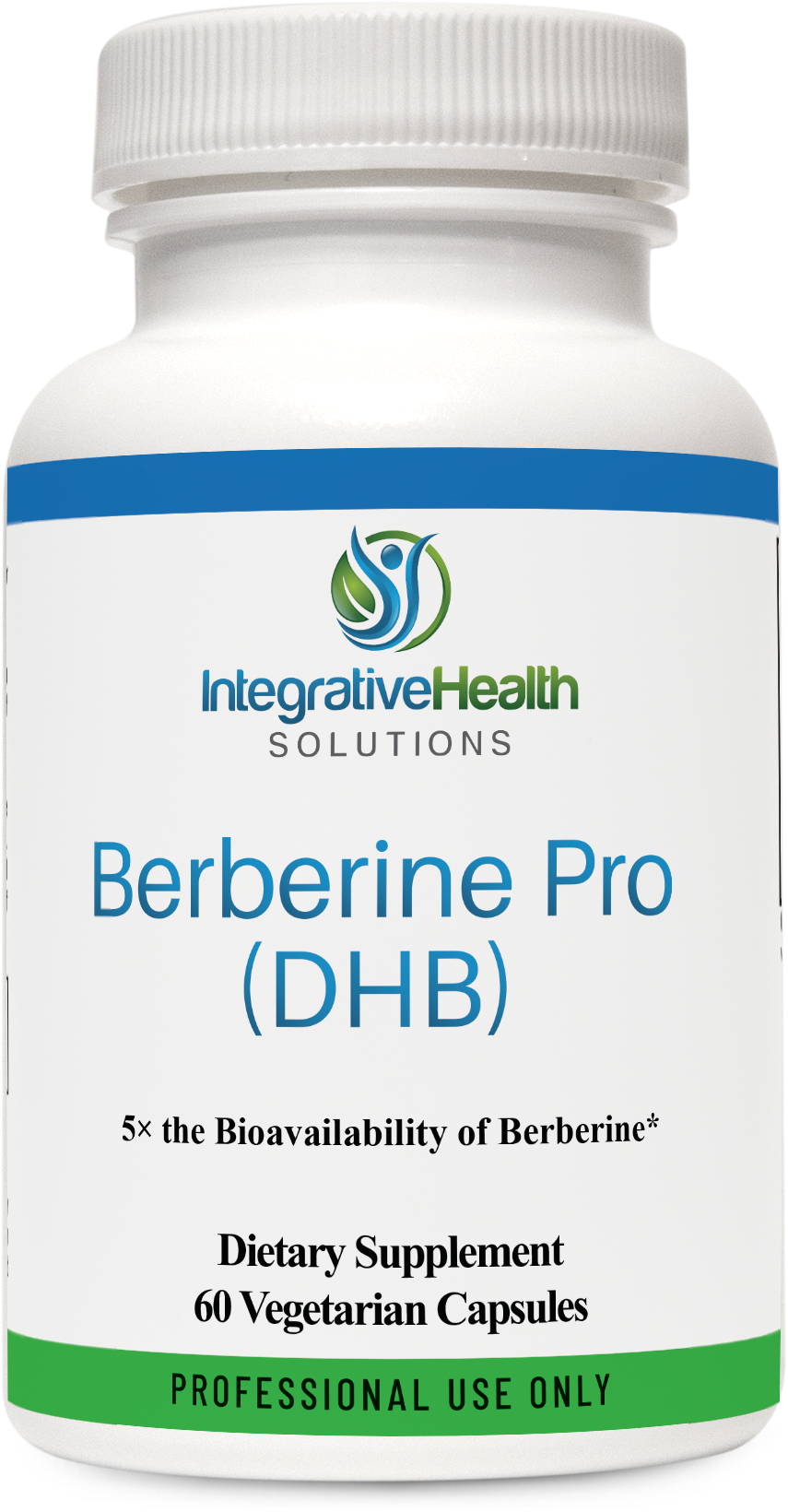
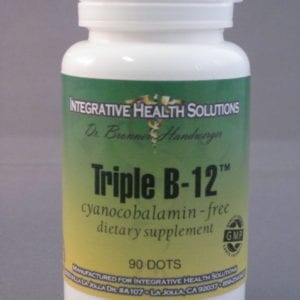
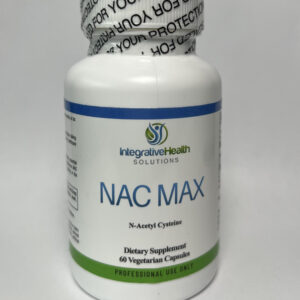
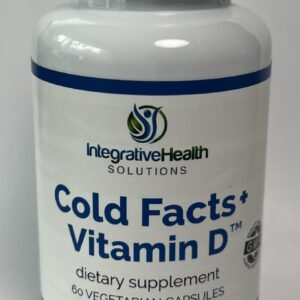
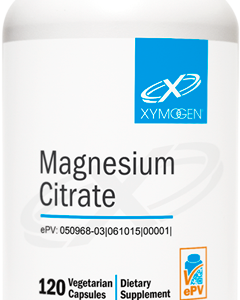
Reviews
There are no reviews yet.